Latest episode
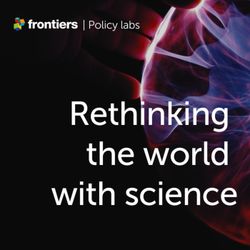
5. Open science: the impact of cancelling big deals
22:04||Season 1, Ep. 5In this episode Jean-Claude talks to Danielle Cooper and Oya Rieger of Ithaka S+R about the cancellation of big deals between publishers and university libraries. They discuss their recent report, which conducted an in-depth qualitative study on what this means for scientists and researchers. Danielle and Oya also give their views on the future consequences on both researcher behavior and policy making. About the speakersDanielle Cooper is the associate director for libraries, scholarly communication, and museums at Ithaka S+R, where she oversees a team exploring how information practices are evolving in higher education and cultural organizations. Oya Y. Rieger is a senior strategist on Ithaka S+R’s Libraries, Scholarly Communication, and Museums team. She spearheads projects that reexamine the nature of collections within the research library, help secure access to and preservation of the scholarly record, and explore the possibilities of open-source software and open science.
More episodes
View all episodes
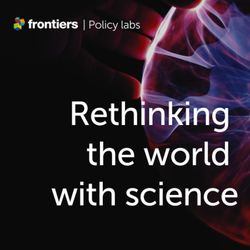
4. Impacts of COVID-19: global research funding
28:26||Season 1, Ep. 4In this episode Jean-Claude talks to Graham Harrison about the need for a more formal structure for global science and research collaboration. He discusses the challenges of funding availability, and of finding and supporting the highest quality research.Graham shares his hope that budgets can recover following COVID-19, so that we can focus on the other challenges the world is facing. He speaks about building resilience in our systems to be prepared for potential crises.Graham Harrison is a consultant in science and technology at the World Bank, working in sub-Saharan Africa and south Asia. His focus has been the Africa Centers of Excellence project, supporting post-graduate education and research. He was the first Executive Secretary of the Global Research Council – an informal organization which promotes the sharing of best practice and collaboration among public research funders worldwide.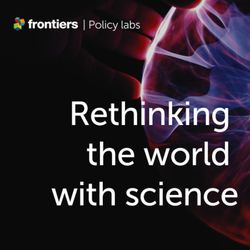
3. Impacts of COVID-19: open science
27:57||Season 1, Ep. 3In this episode Jean-Claude talks to Heather Joseph, Executive Director of SPARC, about open science, its part in the pandemic, and what happens next. Heather shares her thoughts about our readiness to deal with open science, in terms of physical and human infrastructure.She hopes we have reached a tipping point, where lessons learned from dealing with the pandemic will now be applied to all science, to deal with all global challenges - and that this will become a crucial agenda item for G7 and G20 policy conversations.Heather Joseph is the Executive Director of the Scholarly Publishing and Academic Resources Coalition (SPARC). Under her stewardship, SPARC has become widely recognized as the leading international force for effective open access policies and practices. In 2015, she was appointed to the newly-formed US Commerce Data Advisory Council and tasked with providing input to the Secretary of Commerce on issues surrounding open data.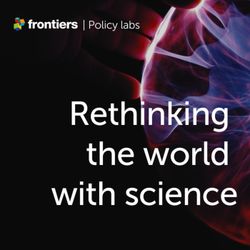
2. Impacts of COVID-19: science and big data
32:56||Season 1, Ep. 2In this episode Jean-Claude talks to Professor Barend Mons about big-data-driven science. He discusses the importance of data stewardship so that research findings can be viewed across different countries, and different scientific disciplines. Barend and Jean-Claude also discuss the TWOC – Trusted World of Corona – project, in which researchers share knowledge to provide accurate, expert-annotated information for policymakers and the scientific community.Barend Mons is Professor of BioSemantics at the Human Genetics Department of Leiden University Medical Center. He is also the elected President of CODATA, the standing committee on data for the International Science Council.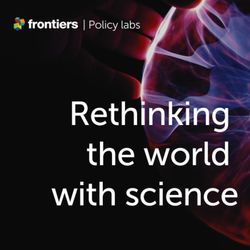
1. Impacts of COVID-19: globalization and global systems
28:45||Season 1, Ep. 1In this episode Jean-Claude discusses the challenges of globalization with Professor Ian Goldin. They talk about how the COVID-19 pandemic revealed some underlying fault lines - but also some strengths - in the global system.Professor Goldin shares his hopes that the world will not return to ‘business as normal’ but will learn from the pandemic and will have a greater understanding of systemic risks in the future. He warns against integrated global systems with disconnected politics and hopes for 'more globalization of understanding'. Professor Ian Goldin was the founding Director of the Oxford Martin School from September 2006 to September 2016. He is currently Oxford University Professor of Globalisation and Development, Senior Fellow at the Oxford Martin School and is responsible for programs on the Future of Work, Technological and Economic Change, and Future of Development.